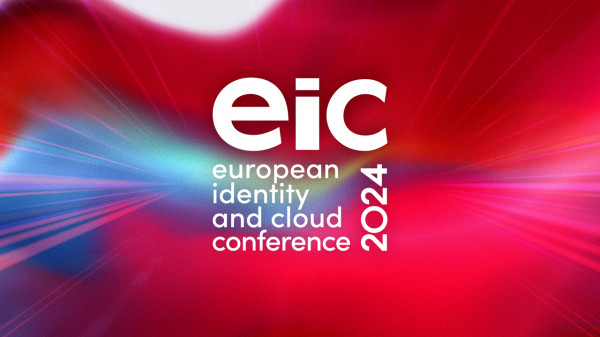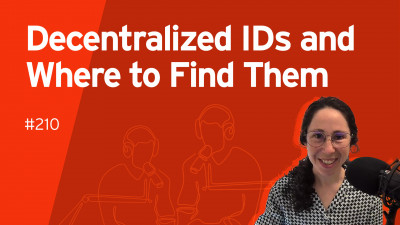1 Introduction
In today's data-driven world, the management and protection of data have become paramount for businesses across all sectors. Data Governance, a strategic discipline encompassing policies, processes, and technologies, plays a pivotal role in ensuring that organizations can effectively manage, protect, and derive value from their data assets. Data Governance involves the formulation of policies, rules, and standards for data management, as well as the implementation of technologies and best practices to enforce and monitor compliance.
The Data Governance market has witnessed significant growth and transformation in recent years, driven by the increasing volume, variety, and velocity of data generated by businesses. With the rise of big data, artificial intelligence, and machine learning technologies, companies are dealing with vast amounts of data that require meticulous handling to meet regulatory compliance, ensure data quality, and mitigate risks associated with data breaches and misuse.
Data Governance solutions and services have become indispensable for enterprises seeking to establish a solid foundation for their data management initiatives. These solutions offer features such as data cataloguing, metadata management, data lineage tracking, access control, and policy enforcement. Moreover, they assist organizations in adhering to data protection regulations, such as GDPR, CCPA, HIPAA, and others, by providing mechanisms for data anonymization, encryption, and consent management.
The Data Governance market is highly dynamic, characterized by continuous technological advancements and evolving regulatory landscapes. Organizations are increasingly investing in Data Governance solutions to enhance their decision-making processes, achieve operational efficiency, and gain a competitive edge in the market. Moreover, the growing awareness about data privacy and the increasing number of data breaches have underscored the importance of robust Data Governance practices, further fuelling the market growth.
As businesses recognize the value of their data as a strategic asset, the Data Governance market is expected to continue its expansion. Companies offering innovative and comprehensive Data Governance solutions and services are poised to play a pivotal role in shaping the future of data management, enabling businesses to unlock the full potential of their data while ensuring its security, compliance, and integrity.
1.1 Market Segment
This KuppingerCole Leadership Compass report evaluates software platforms that assist organizations with Data Governance. Strategic and capital investment in these areas has become essential to the safe management of unstructured data which is increasing exponentially.
Data Governance refers to the management, control, and protection of an organization's data assets. It encompasses a set of practices, policies, and procedures that ensure data quality, integrity, and consistency across the entire data lifecycle. The primary goal of Data Governance is to establish a framework that enables organizations to manage data assets, comply with regulatory requirements, and make informed business decisions based on salient data.
Data Governance software platforms should enable organizations to establish and maintain a centralized view of their data assets, define data ownership and accountability, enforce data standards and policies, track data lineage, and contribute to data security.
As organizations recognize the value and importance of data as a strategic asset, the demand for effective Data Governance solutions has grown significantly.
The report provides an overview of leading software vendors that cover this segment and the essential capabilities required for Data Governance. This does not mean that the platforms in this study can only provide the essentials, but we will evaluate on core capabilities primarily. The emphasis will be on making sense of unstructured data.
Finally, organizations may require a Data Governance Architecture Blueprint as a working structure within the organization to maintain data integrity and create value from data from any Data Governance platform. If configured well, Data Governance Architecture Blueprint and platform should be robust enough to withstand new data flows, corporate changes such as M&A, other business pressures or new compliance rules.










































